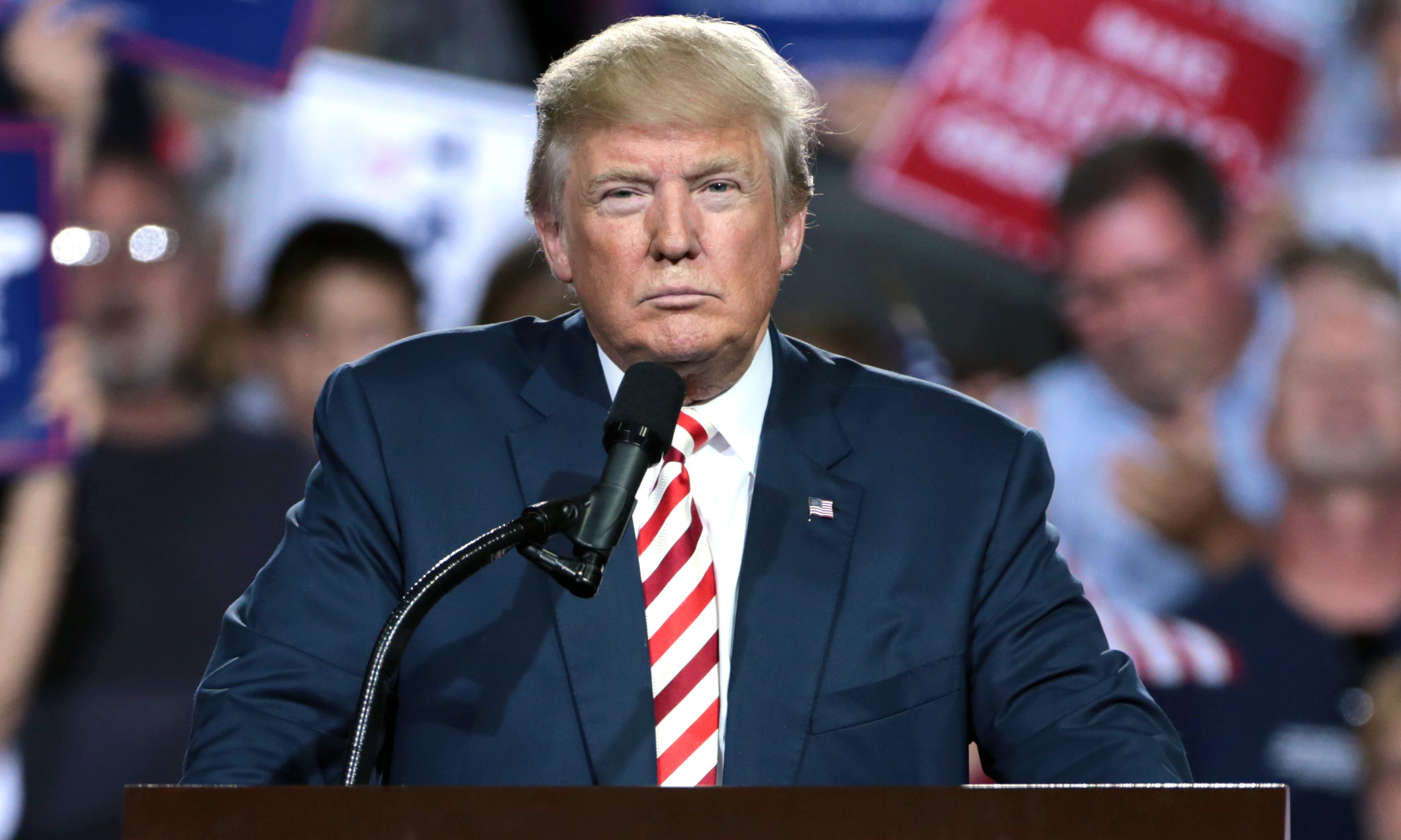Secretary of State Mike Pompeo announced Friday that the United States was beginning the formal process of withdrawing from the Intermediate-Range Nuclear Forces Treaty in retaliation for Russia cheating on the treaty terms.
Congressman Mo Brooks, R-Alabama, announced he believes the White House assessment that Russia has cheated on the terms of the INF Treaty and believes that the president acted appropriately by withdrawing from the INF Treaty.
“For decades, the United states has faithfully complied with the INF Treaty only to be cheated by Russia,” Brooks said. “Despite numerous warnings from the United States and NATO, Russia has repeatedly failed to comply with the terms of the treaty by building up an arsenal of banned weapons. Russia’s intentional cheating has gone on long enough, and decisive action must be taken.”
“In 2014, the Obama administration concluded that Russia had violated the INF Treaty by testing a prohibited ground-launched cruise missile,” Brooks said. “In 2017, Vice Chairman of the Joint Chiefs of Staff Air Force General Paul Selva confirmed that Russia had deployed a new type of cruise missile that violates the INF Treaty. The Trump Administration imposed sanctions on Russia for violating the Treaty in December 2017 to no avail. In December 2018, NATO Foreign Ministers publicly announced support for the U.S. position, noting that the ‘allies have concluded that Russia has developed and fielded a missile system, the 9M729, which violates the INF Treaty’ and that they ‘strongly support the finding of the United States that Russia is in material breach of its obligations under the INF Treaty.’”
“While America has constrained ourselves, our foes have built up arsenals of weapons, putting us at a strategic and substantial disadvantage should we be attacked,” Brooks said. “Russia has proven itself untrustworthy, making America’s only option to keep peace a buildup of weapons comparable to those of Russia’s as a deterrent going forward.”
Perhaps even more troubling than Russia’s alleged noncompliance of the terms of the treaty is that China never signed it at all.
“Perhaps as concerning, according to Admiral Phillip Davidson, Commander of U.S. Indo-Pacific Command, ‘The INF treaty today unfairly puts the United States at a disadvantage and places our forces at risk because China is not a signatory.’ Unilateral disarmament relative to both Russia and China must stop if the United States is to continue to assure peace through strength.”
Brooks is a member of the House Armed Services Committee and Strategic Forces Subcommittee.
Speaker of the House Nancy Pelosi, D-California, disagreed with the decision.
“The Trump administration is risking an arms race and undermining international security and stability,” Pelosi said. “Russia’s brazen noncompliance with this treaty is deeply concerning, but discarding a key pillar of our nonproliferation security framework creates unacceptable risks. The Administration should exhaust every diplomatic effort and work closely with NATO allies over the next six months to avoid thrusting the United States into a dangerous arms competition. We must be strong, smart and strategic to keep America safe.”
The Intermediate-Range Nuclear Forces Treaty bans ground-launched cruise missiles with ranges from 500 to 5500 kilometers, 311 to 3418 miles. The treaty was signed in 1987 by then President Ronald W. Reagan and the Union of Soviet Socialist Republics Premier Mikhail Gorbachev.
During the 1980s, the United States had developed and deployed the nuclear armed Tomahawk Cruise Missile system, which could be launched from the U.S. Navy’s battleships, cruisers, destroyers and submarines. Rather than ripping those systems out after the INF Treaty, the Navy converted the Tomahawks to a conventional explosive warhead and has been used repeatedly by succeeding administrations. Given that the Tomahawk was designed as a nuclear weapon delivery system, converting those missiles back to nuclear warheads could be done relatively quickly. Cruise missiles can also be launched from bombers like the B52, B2 and B1. Intercontinental ballistic missiles, which were not outlawed by treaty, fly up into the lower reaches of space and then come back to earth. Cruise missiles don’t fly to the same altitude or travel at the same speed as ICBMs, but they are still very easy to launch and launch from international waters or from just outside of a country’s airspace, making them difficult to defend against.





















































